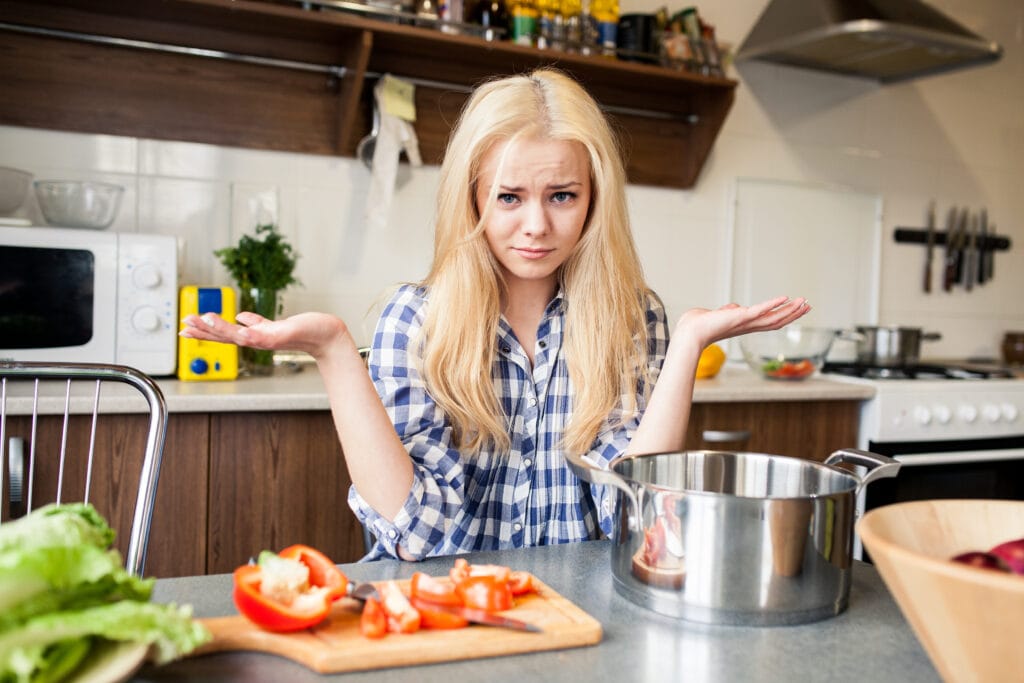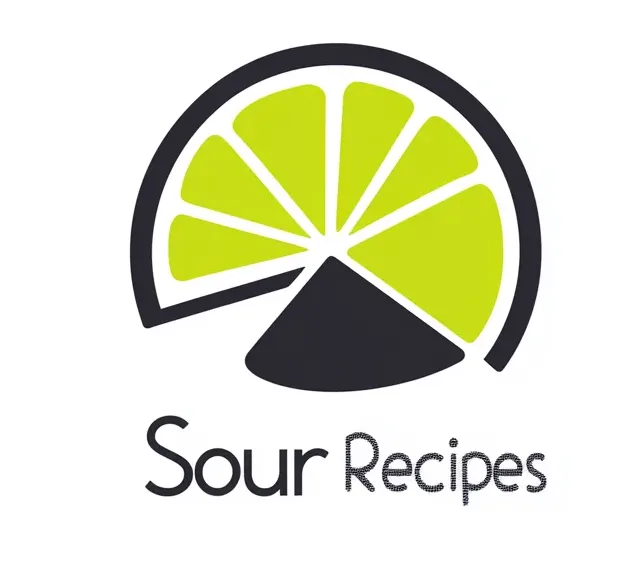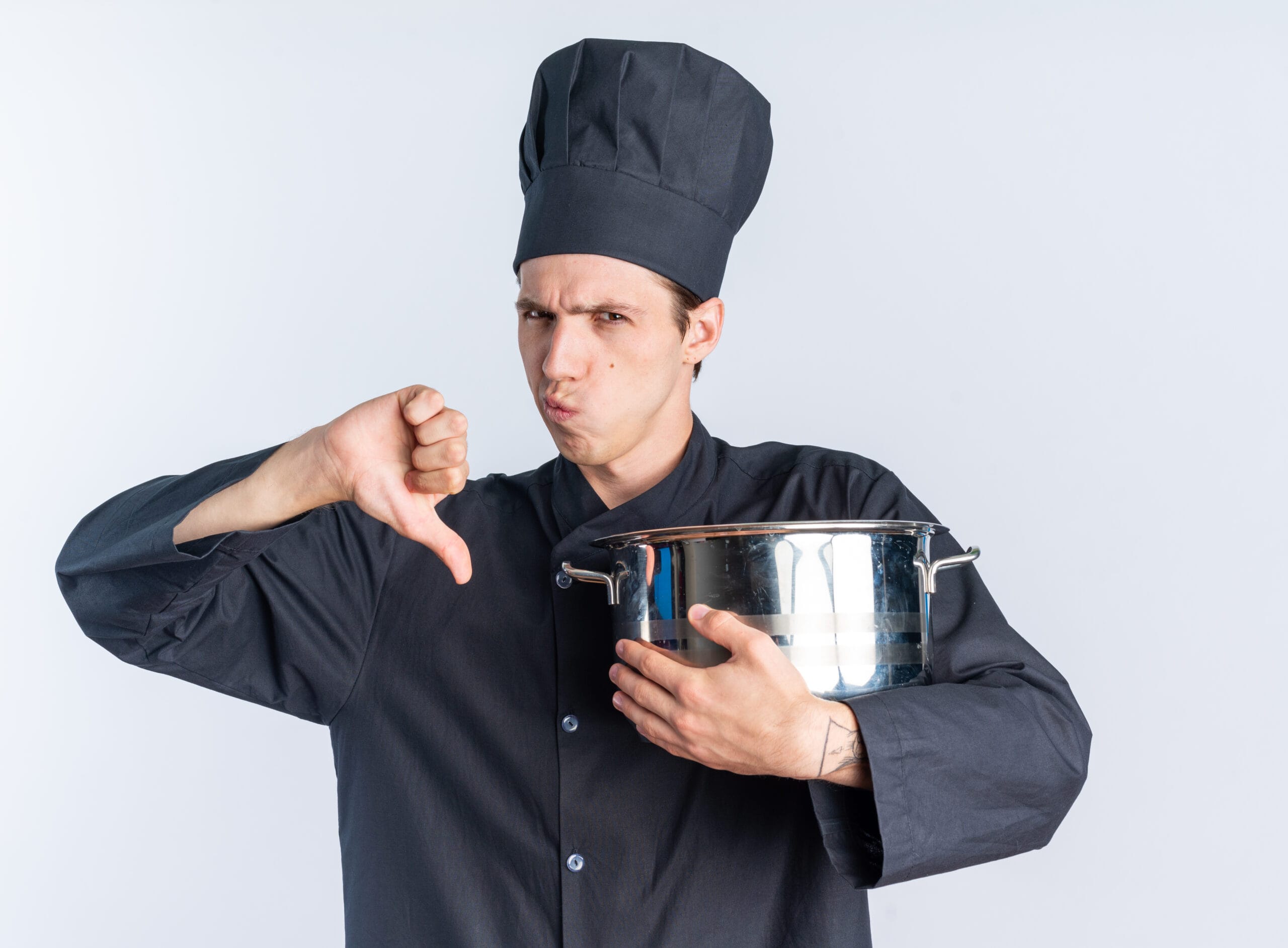The slow cooker is a reliable tool for creating hearty, hands-free meals, but it isn’t perfect. If you’ve wondered, what are the disadvantages of a slow cooker?, this guide highlights its limitations so you can decide if it’s the right fit for your kitchen.
Slow cookers use low, steady heat to tenderize ingredients over several hours. However, this cooking method comes with challenges like diluted flavors, extended cooking times, and limitations with certain recipes. To better understand what not to cook in a slow cooker, check out Foods to Avoid in a Slow Cooker. Additionally, consider the energy impact of slow cooking by reading Electricity Usage of Slow Cookers.

What Are the Major Disadvantages of a Slow Cooker?
How Slow Cookers Work and Why They Present Limitations
Slow cookers operate at steady temperatures between 170°F and 280°F, making them great for low-and-slow recipes. However, these extended cooking times can cause issues like condensation, overpowering flavors, and difficulty with specific recipe types.
Key Disadvantages of Using a Slow Cooker
1. Why Do Slow Cookers Take So Long to Cook Food?
One of the most commonly noted disadvantages of a slow cooker is its long cooking time:
- Meals require 3–12 hours, which may not suit those needing quick dinners.
- For fast cooking, consider appliances like pressure cookers or stovetops.
2. What Recipes Don’t Work Well in a Slow Cooker?
Certain recipes highlight the disadvantages of using a slow cooker:
- Lack of Crisping or Browning: Slow cookers cannot sear or crisp foods, which limits their versatility.
- Delicate Ingredients Don’t Fare Well: Foods like seafood, pasta, and dairy often overcook or lose their texture.
3. Why Are Mistakes Hard to Fix When Using a Slow Cooker?
Another disadvantage of a slow cooker is that mistakes are difficult to correct mid-cooking:
- Excess Liquid: Too much liquid can lead to watery meals, and it’s hard to reduce during cooking.
- Unbalanced Flavors: Once cooking starts, adjusting seasoning is challenging.
4. How Does Condensation Impact Slow Cooker Meals?
One major disadvantage of slow cooking is the issue of condensation:
- Diluted Flavors: Steam collects under the lid, condensing and dripping back into the dish, which can weaken the flavor.
- Solution: Reduce liquid in the recipe or use thickening agents like cornstarch at the end of cooking.
Learn more about managing liquids with Slow Cooker Liquid Tips.
5. Why Do Spices Overwhelm Dishes in a Slow Cooker?
The extended cooking times of slow cookers can intensify certain spices, leading to overpowering flavors:
- Examples: Strong herbs like rosemary, thyme, or cinnamon may dominate a dish.
- Tip: Add these sparingly at the start and adjust seasoning toward the end of cooking.
6. Are Slow Cookers Always Energy-Efficient?
While slow cookers are marketed as energy-efficient, prolonged cooking periods can sometimes negate this advantage:
- Energy Use Over Time: Meals requiring 8+ hours of cooking can consume more energy than quicker stovetop methods.
- Maximizing Efficiency: Batch cooking large portions makes slow cooking more economical.
7. Why Can Cleaning a Slow Cooker Be Difficult?
Cleaning a slow cooker is another disadvantage due to its size and materials:
- Stuck-On Residue: Removing burnt-on food can be time-consuming.
- Nonstick Coatings: These may degrade over time, requiring extra care during cleaning.
FAQs: What Are the Disadvantages of a Slow Cooker?
1. Why does food sometimes taste bland in a slow cooker?
Condensation often dilutes flavors during slow cooking. Reducing liquids and adding seasonings later in the process can help.
2. What foods should you avoid cooking in a slow cooker?
Avoid pasta, seafood, and quick-cooking vegetables, as they can overcook or lose texture in a slow cooker.
3. Are slow cookers energy-efficient for all recipes?
While slow cookers are efficient for long-duration meals, shorter recipes may use less energy on a stovetop or in a microwave.
4. How do you fix watery dishes in a slow cooker?
Thicken dishes with cornstarch or flour and reduce the liquid used at the start of the recipe.
5. Are slow cookers better for large or small meals?
Slow cookers work best when filled halfway to three-quarters full, making them ideal for medium to large portions.
Conclusion: What Are the Disadvantages of a Slow Cooker?
So, what are the disadvantages of a slow cooker? Long cooking times, limited recipe versatility, and issues like condensation dilute its convenience. However, with proper adjustments—like reducing liquid and carefully selecting recipes—you can still enjoy the benefits of slow cooking. For additional tips and recipes, read Foods to Avoid in a Slow Cooker.

